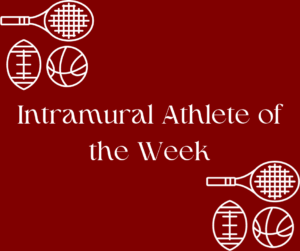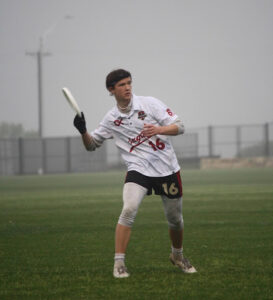Starting January 2021, the NCAA will allow players to benefit financially from their name, image and likeness “in a manner consistent with the collegiate model.” This is the first time this will be allowed in the NCAA. There is speculation about how the new rule is going to play out, and whether or not the new opportunities are necessary for a college athlete.
Oklahoma Christian University’s head baseball coach Lonny Cobble believes the NCAA established the rule as a response to California making it legal in their schools independent from the NCAA.
“Once California did it, the NCAA had to do something,” Cobble said. “The NCAA would have to kick out the California schools or make it fair for everyone. They are not going kick out USC, UCLA and all the other big California schools.”
In Cobble’s eyes, much of the speculation surrounding the rule is giving bigger market teams an edge over smaller schools because they can provide more resources to high-profile players.
“The [rule] will give certain teams an advantage,” Cobble said. “Take a team like Oklahoma or Alabama, someplace like that who has a high-profile player. Those are guys who are going to benefit from it, but a lineman from Nebraska will not benefit the same even though in theory they received the same opportunities.”
Cobble also says he does not think the rule was well thought through, and he sees potential problems with the new rule in regards to how endorsements and paying the athletes will come about.
“If they are going to do this, it should be fair for everyone across the board,” Cobble said. “They should have done an allowance for every athlete, but the NCAA, Nike or Under Armour do not want to pay for that. What happens when Nike makes an offer towards someone’s likeness and Under Armour counteroffers that? It becomes a bidding war over athletes, and where do we draw the line to stop that? I just do not think it was very well thought out.”
Many of the high-profile players Cobble mentioned are in school on full scholarship already, and Cobble is skeptical about what they could be needing the additional money to pay for.
“Those high-profile football players that would benefit are on full scholarship,” Cobble said. “They are leaving school without any debt. I know people argue all the time, ‘They need to be paid. They need to be able to have a job,’ so why not give them a couple-hundred-dollar allowance? What do they need? Gas for their car, I can see that, but they can go eat whenever they want.”
Cobble believes there needs to be structure to the new rule throughout all divisions to eliminate all unfair advantages.
“It needs to be regulated to where there is a set cap that is fair and equal for everybody,” Cobble said. “Unfortunately, life is not fair and not everybody gets the same thing, but they are going to have to regulate it to where they can monitor it all.”
One part of the new change allows student athletes to hire agents to help them receive endorsements and sponsorships while in college. Cobble believes whether or not it was legal, students still found loopholes regarding agents.
“They are going to do it. They get around it already. They hire ‘advisors’ that act as agents,” Cobble said. “Being in high school baseball, I saw kids with ‘advisors’ all the time.”










Be First to Comment